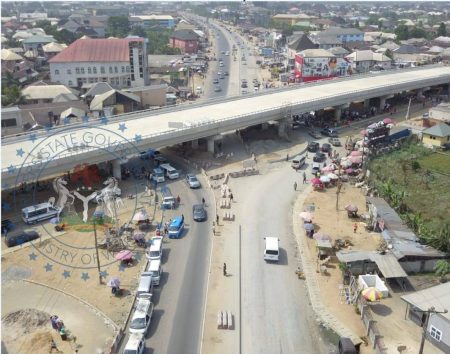 07 November 2012, Sweetcrude, LAGOS – NIGERIA’s oil output has returned to normal following the country’s worst spate of flooding in 50 years, the Department of Petroleum Resources has declared.
07 November 2012, Sweetcrude, LAGOS – NIGERIA’s oil output has returned to normal following the country’s worst spate of flooding in 50 years, the Department of Petroleum Resources has declared.
Nigeria’s worst floods in 50 years are no longer affecting oil output, according to Reuters report, quoting an industry regulator, though foreign oil majors have not yet said their production is back to normal.
West African oil traders told Reuters this week there is ample supply of Nigerian crude in the market and loading programmes show December exports are due to be the highest in six months.
“Production is back to normal and has been for some time, it was only a brief outage,” a spokesman for the Department of Petroleum Resources, DPR, said by phone, according to Reuters.
Nigeria is Africa’s largest crude oil exporter and usually pumps between 2-2.5 million barrels per day (bpd). Widespread oil theft and a lack of accurate statistics means output figures fluctuate from month-to-month.
The DPR on October 24 said floods had cut out 500,000 bpd of oil output in the previous weeks, reducing total production to around 2.1 million bpd, but was back to normal by the time of the announcement.
Shell still has a force majeure in place on Bonny Light and Forcados crude oil grades, after oil theft and flooding cut up to 20 percent of Nigeria’s output last month.
The Anglo-Dutch major said on November 1 that floods would hit around 20,000 bpd of its output in the fourth quarter and this could get worse. It hopes to lift the force majeure on the two Nigerian grades by the end of November.
French oil firm Total declared force majeure in mid-October on gas supplies to Nigeria LNG’s liquefaction plant, saying it had stopped oil and gas production on one onshore block, which was losing 90,000 bpd of oil equivalent, in which it has a 40 percent stake.
It said on Wednesday the force majeure was still in place.
Nigeria usually suffers flash flooding during the wet season, which runs roughly between April-October, but the sheer scale of rains this year has left large parts of southern regions, where the oil industry is, under water.
At least 363 people have been killed due to the floods since the start of July and 2.1 million people have been displaced, according to the National Emergency Management Agency, NEMA.
NEMA said on Wednesday the oil-producing Niger Delta region was still flooded but water levels were falling and the heaviest rains had passed as Nigeria enters its six-month long dry season.



